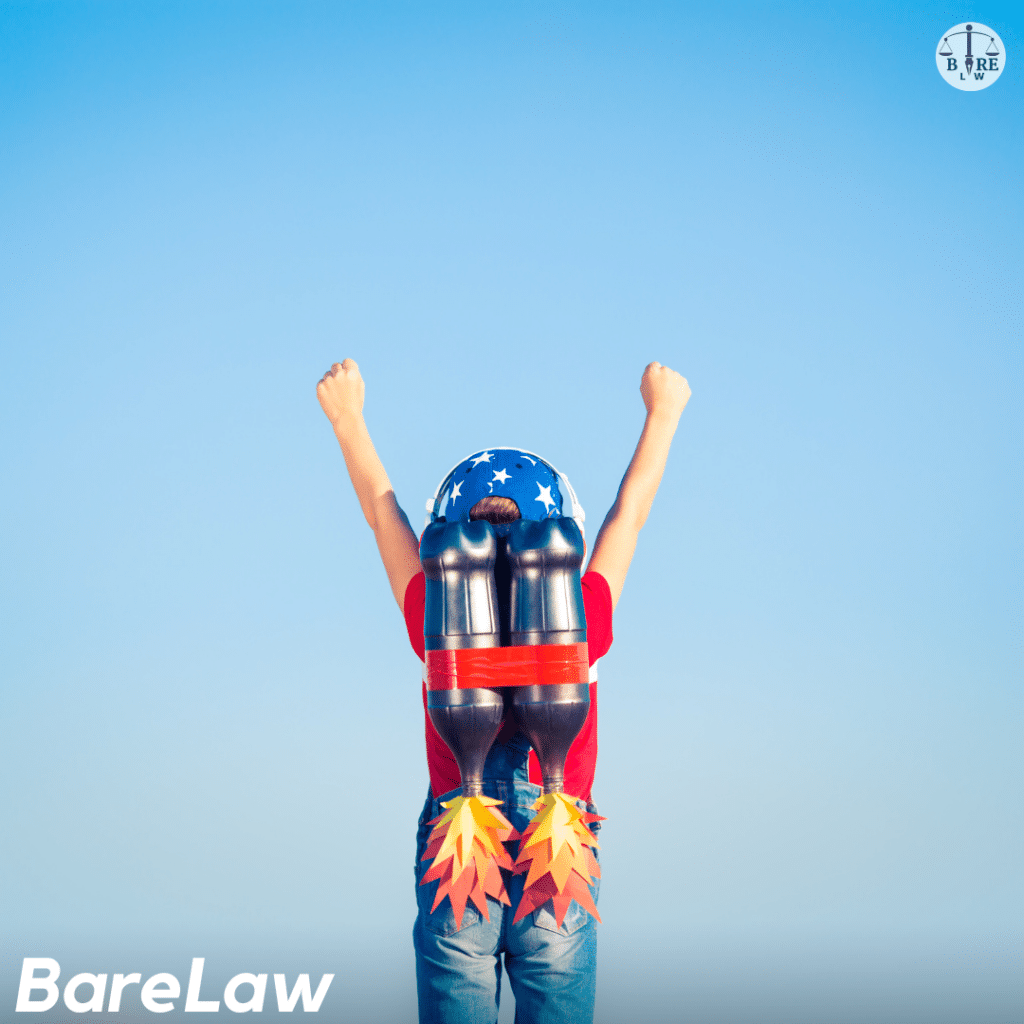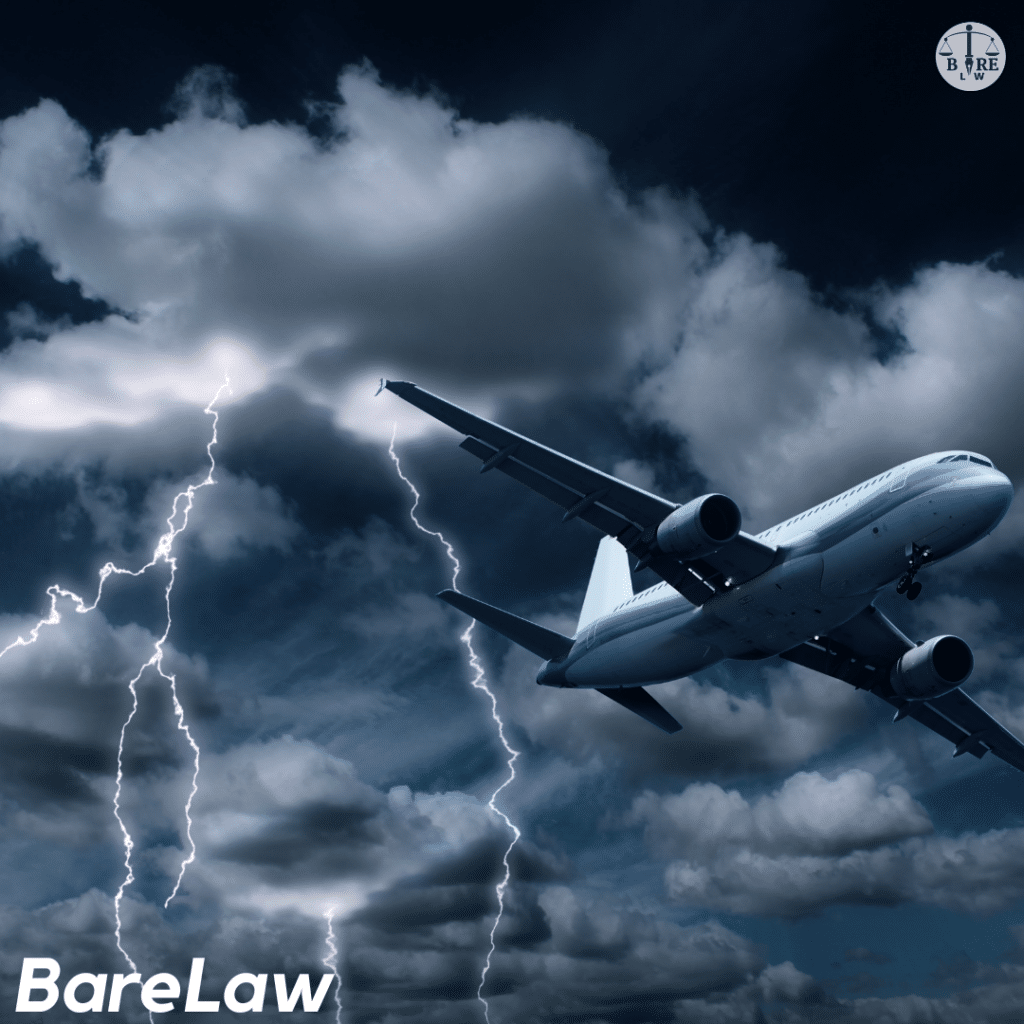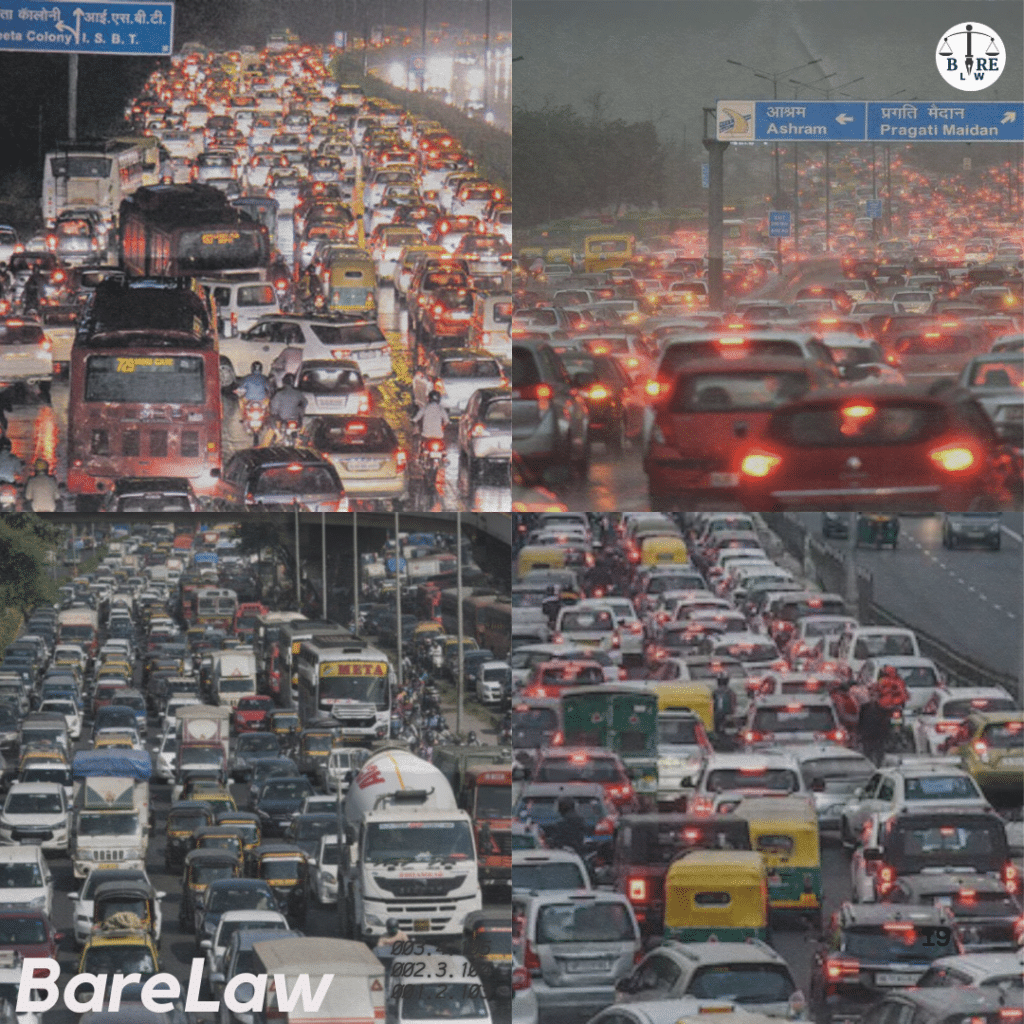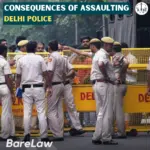Lawrence Bishnoi gang, this article explores the impact of threats, the legal framework available in India for protection, and steps one should take if they receive a similar threat.
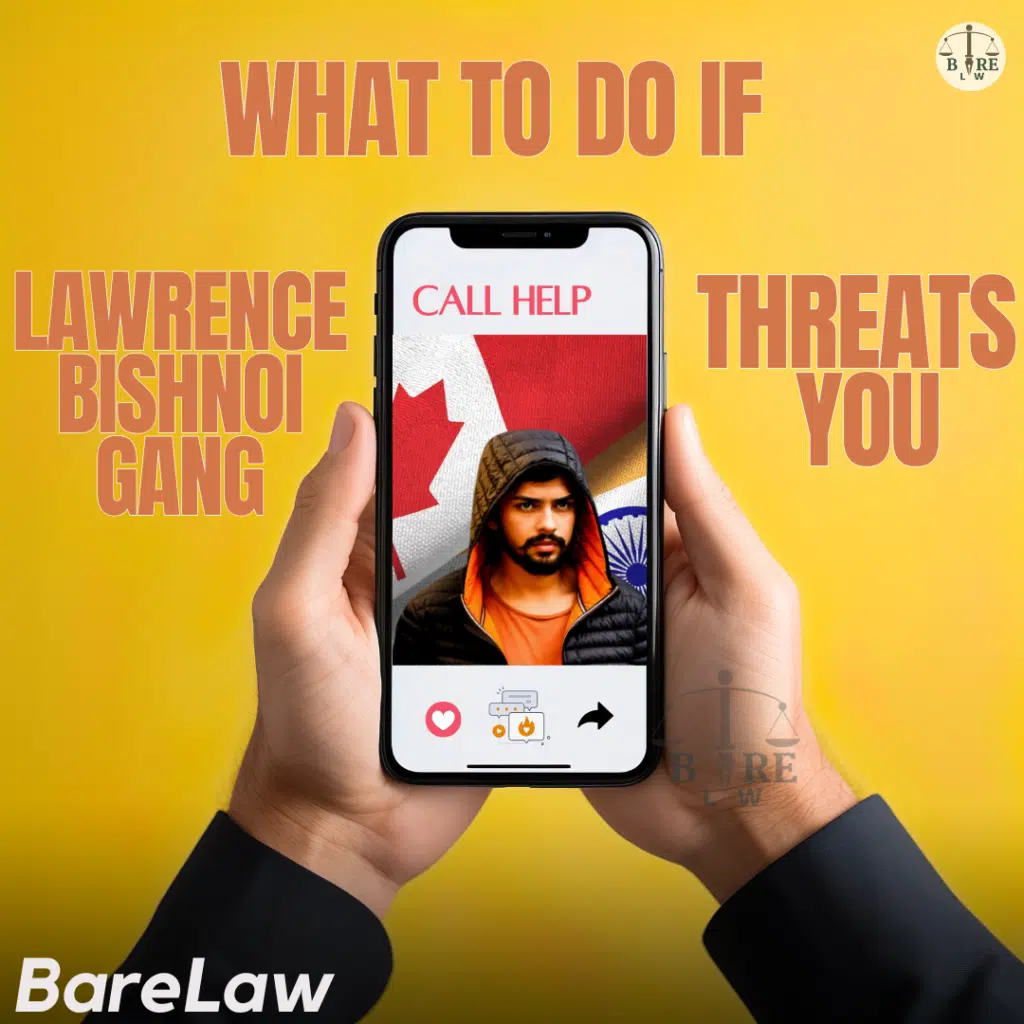
Lawrence Bishnoi Gang threats you: What you can do
Pappu Yadav, who is Purnia MP, has reportedly been threatened with life by the Lawrence Bishnoi gang, a notorious criminal organization. This event lays bare how serious it is to receive threats and how this surfaces during times when a reputed criminal gang comes through with the threats. It has also raised some interesting questions regarding the psychological toll, legal remedies, and actions that need to be taken thereafter. I’m going to walk you through it all, from the implications of getting threats to the available legal framework to how anyone can protect themselves.
What is a Threat and How it Affects Your Life
A threat is when someone communicates his or her intent to do harm, intimidate, or force someone physically, financially, or, most commonly, emotionally. Threats are powerful tools that people and groups use to induce fear, control actions, and manipulate decision-making. And specifically when the threat comes from a criminal group, including the Lawrence Bishnoi gang, as its reputation for violence is well known and its actions.
The impact of such threats can be profound:
- Psychological Impact: Such threats can become so bad that they produce intense fear, anxiety, and stress and can give one more feeling of not being safe, even in one’s own home or workplace. The vulnerable individual who receives a threat may find themselves going to bed unsuccessfully, tossing and turning, unable to sleep, or then finding themselves more easily irritable and feeling continuously uneasy.
- Social Impact: The victim may then isolate himself socially, avoiding public areas or gatherings due to fear of harm. Increased worry or a need to isolate can strain relationships with friends, family, or even colleagues.
- Professional Impact: A fear of threats can make one work less efficiently if one’s job requires them to travel and interact with people. In Pappu Yadav’s case, his status as a public figure might be restricted because of security considerations that restrict his movements and activities.
Legal Framework in India Regarding Threats
India has several legal definitions to protect individuals from threats and punish those who issue them. Here are the main laws applicable in such cases:
- Indian Penal Code (IPC), Section 503 defines criminal intimidation as any act intending to alarm another person. It also includes threats to cause injury to a person, whether to the person’s property or reputation. Under this section, convictions can result in imprisonment for two years or more, a fine, or both.
- Section 506 of the IPC: This section deals with the punishment for criminal intimidation. The punishment for a threat aimed at grievous harm or death is up to seven years in prison.
- IT Act, Section 66A: If a threat is communicated using a digital form like phone calls, texts or social media, Section 66A of the Information Technology Act may be invoked. The subject of this provision is punishment for sending offensive or menacing communication online.
- National Security Act, 1980: The National Security Act allows the authorities to act whenever the threat to our country’s basic security is extreme.
Legal Recourse: If you receive a threat, you can take the following legal steps:
- File an FIR: If the evidence can be noted down, report the threat to the nearest police station and all relevant details, including any record of call recordings or messages.
- Apply for Police Protection: If that seems serious enough, you can ask for police protection from your local law enforcement and/or higher authorities.
- Complaint to Cyber Cell: If you encounter a digital threat, contact your state police cyber cell to track down the source of the threat.
- Contacting Higher Authorities: In Pappu Yadav‘s case, too, you can always write to senior police officials or state security authorities for expeditious action.
What to Do if You Receive a Threat from a Notorious Gang Like the Lawrence Bishnoi Gang
If you receive a threat from a criminal gang like the Lawrence Bishnoi gang, follow these steps:
- Stay Calm: If you’re panicking, you might not be making rational decisions. Breathe out a couple of times and be calm enough.
- Document Evidence: If you have any evidence, such as call recordings, screenshots, or messages, save it securely. These can be very important proof when you report the threat to authorities.
- Report to Police: Call the police immediately, file an FIR, and provide all the evidence of the threat at your disposal. If you don’t get an acknowledgement or a copy of the FIR, then complain.
- Request Security: If the threat is severe, you will ask for police protection.
- Avoid Provocation: Don’t respond to the gang members or talk to the media about what’s happening, and don’t make it any worse. Let the law take its course.
- Increase Personal Security Measures: If travel cannot be avoided, raise personal security by reducing travel, limiting public appearances, and, if necessary, investing in home security.
4. Consequences of Receiving a Threat on Daily Life
Receiving a threat, especially from a feared gang, can have multiple consequences on everyday life:
- Reduced Freedom and Mobility: For safety reasons, people can feel compelled to avoid public spaces, reduce social outings, or even change daily routes.
- Impact on Mental Health: If left unattended, this constant sense of anxiety, anger and fear can lead to mental health issues such as depression, chronic anxiety and PTSD.
- Financial Strain: Security measures cost money, and hiring private guards and changing locations can be pricey.
- Altered Relationships: There may also be an impact on friends and family and on their involvement with someone under threat, which might feel isolating.
Finally, it must be concluded that the reception of a threat, especially by a criminal group such as the Lawrence Bishnoi gang, is to be taken no lightly. It requires immediate legal action, precautionary measures and psychological support. In India, the laws framed for the protection of people against any threat are quite significant, and in case we need to resort to one for our personal safety and also for ensuring a relatively healthy temperament, we have to use our legal strength in that.
Frequently Asked Questions (FAQ)
Public figures like MPs are often in the spotlight, making them more vulnerable to threats from criminal organizations. The impact on their lives can be more severe, as their public duties may be limited due to security concerns, and they may require additional police protection.
What is a threat, and how does it impact a person’s life?
A threat is a warning or indication of intent to harm someone. It can lead to anxiety, fear, and stress, affecting an individual’s mental and social well-being. Threats from criminal groups can significantly restrict a person’s freedom, mobility, and even their ability to work effectively.
What legal actions can I take if I receive a threat in India?
In India, you can file a First Information Report (FIR) with the police, request police protection, and contact the cyber cell if the threat is made digitally. Sections 503 and 506 of the Indian Penal Code (IPC) cover criminal intimidation, while the IT Act addresses online threats.
What should I do if I receive a threat from the Lawrence Bishnoi gang or a similar criminal group?
If you receive a threat from a criminal group, stay calm, document the evidence (such as call recordings or messages), and immediately file an FIR with the police. You can also request police protection and take extra precautions regarding personal security.
How can receiving a threat affect my daily life?
Receiving a threat can lead to constant fear and anxiety, disrupt normal routines, restrict social activities, and lead to financial strain if extra security measures are required. It may also impact relationships and professional life, as the person might avoid public exposure.
Are there specific laws in India to protect people from threats?
Yes, Sections 503 and 506 of the IPC deal with criminal intimidation, and the IT Act covers digital threats. The National Security Act can also be used in severe cases where threats affect national security. Police protection and legal action are available to individuals facing such threats.
What evidence should I collect if I want to report a threat to the police?
Collect any call recordings, messages, emails, or screenshots that contain the threat. This evidence will be essential for the police investigation and to support your case for legal protection.
How do threats from a gang like Lawrence Bishnoi affect public figures differently?

